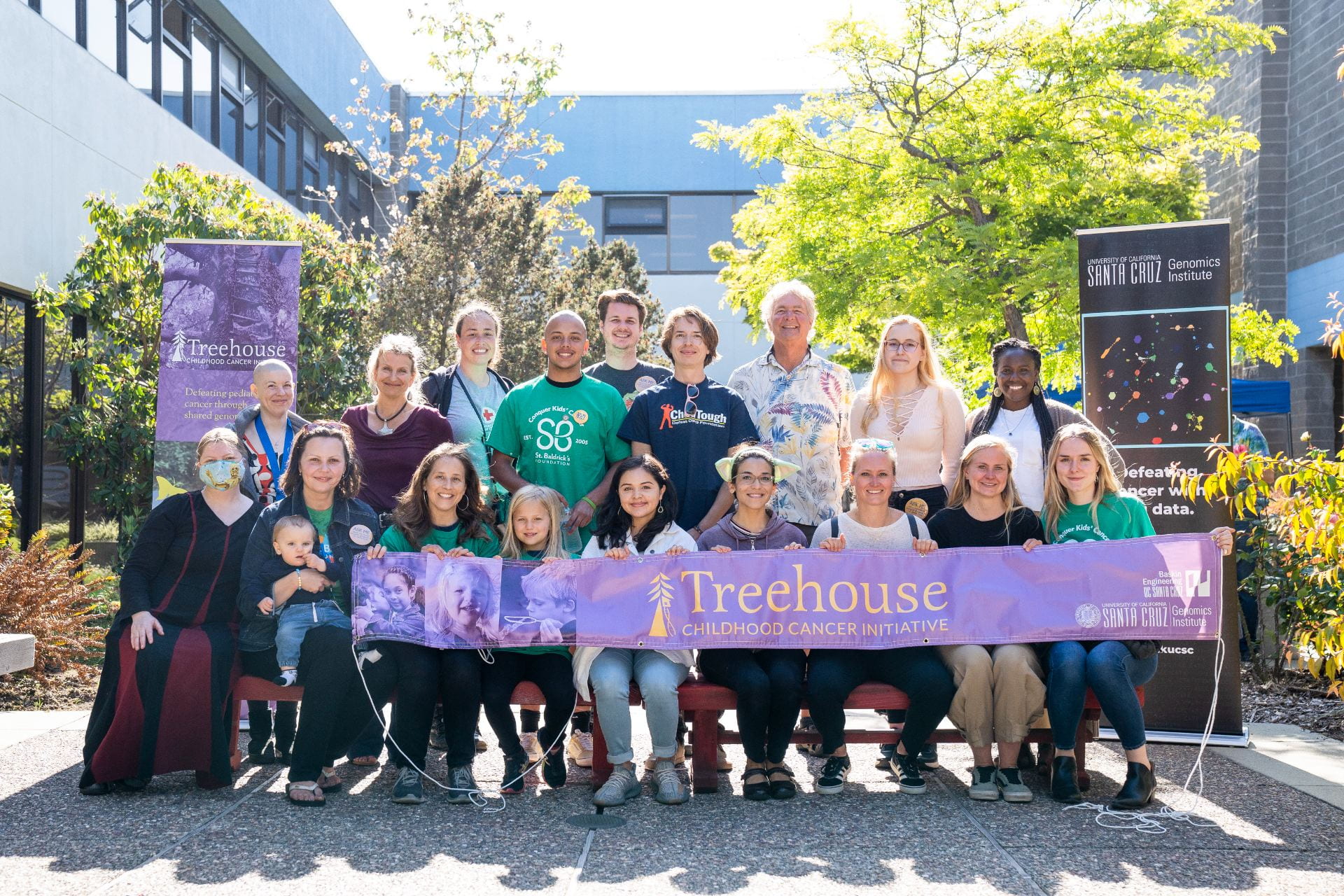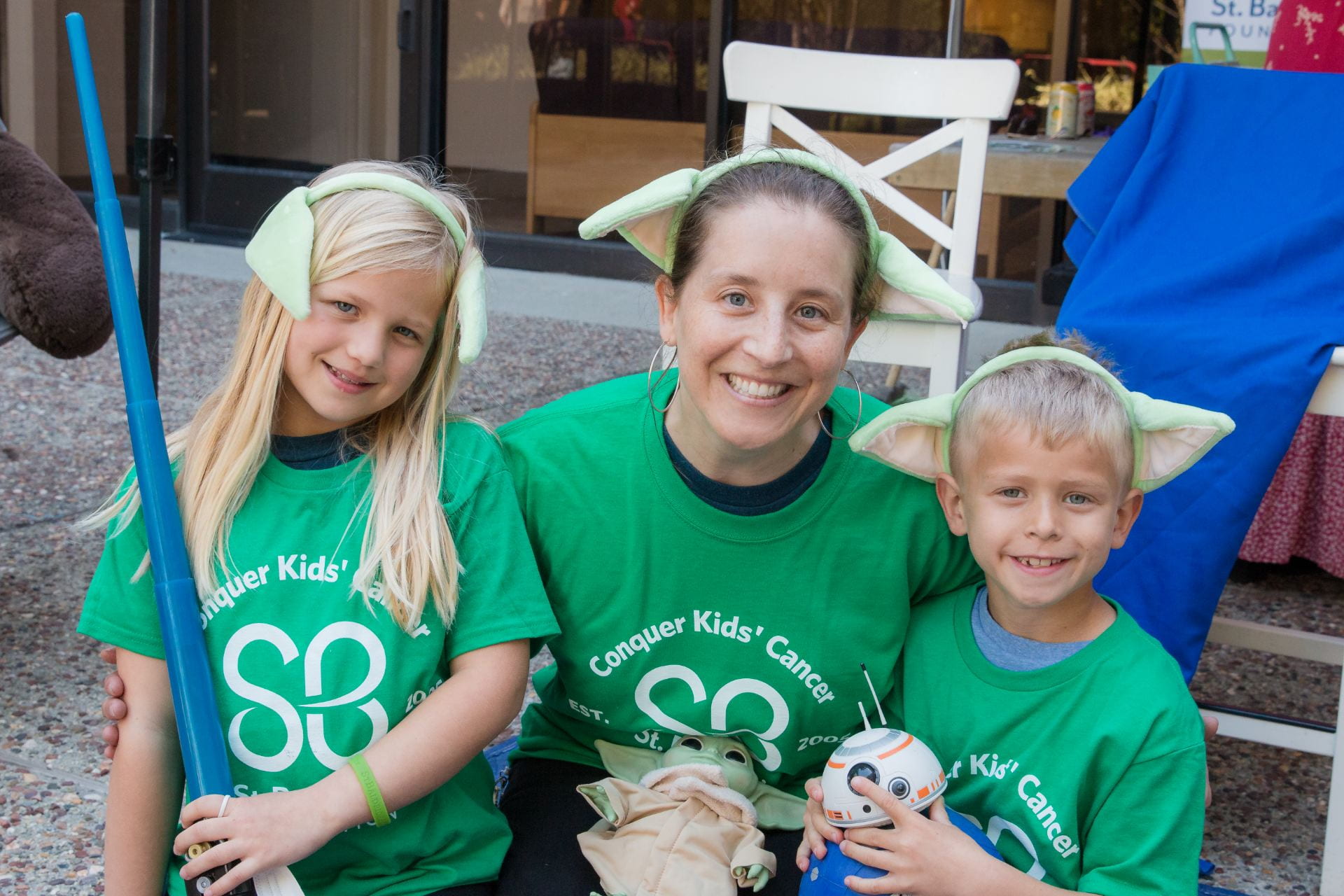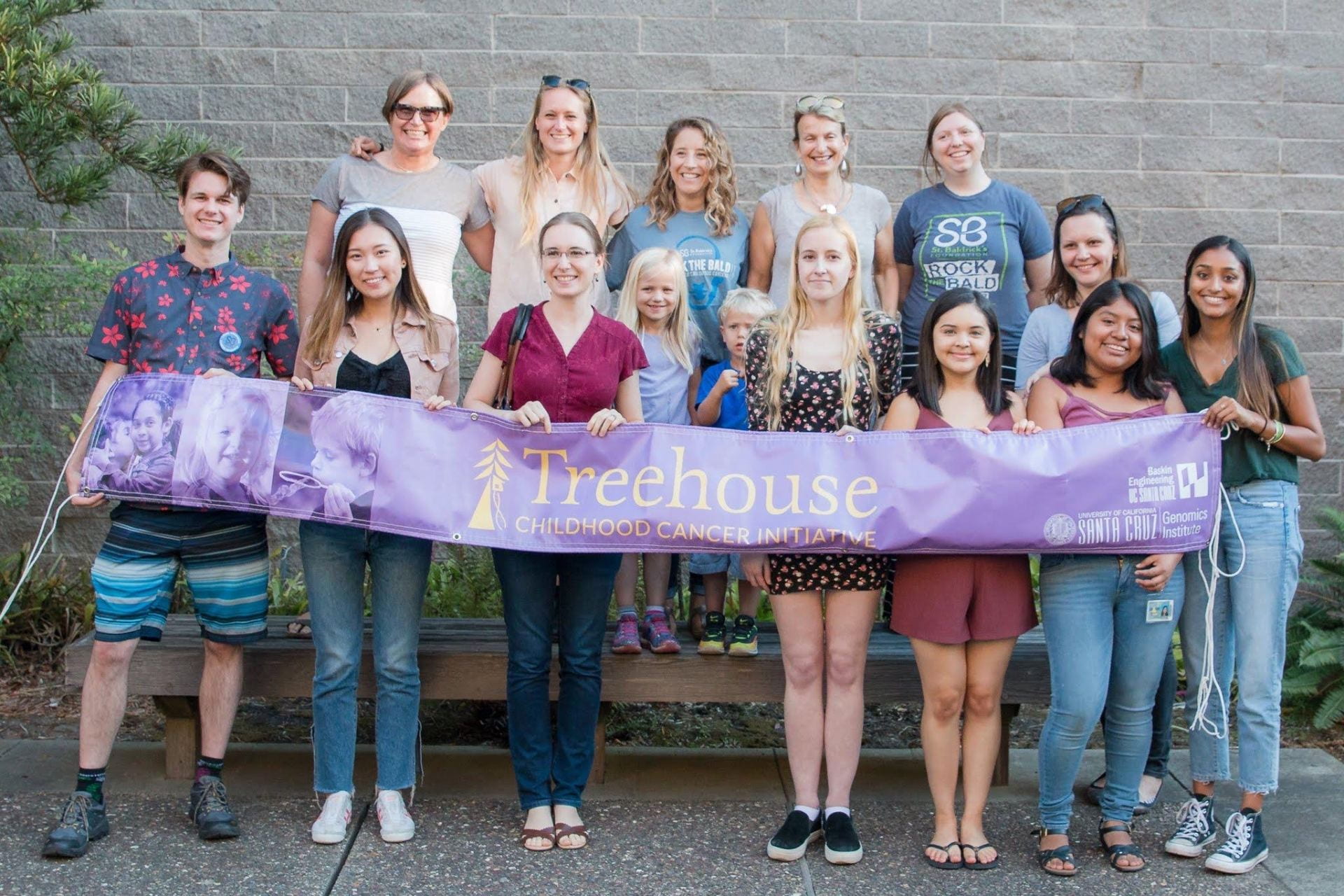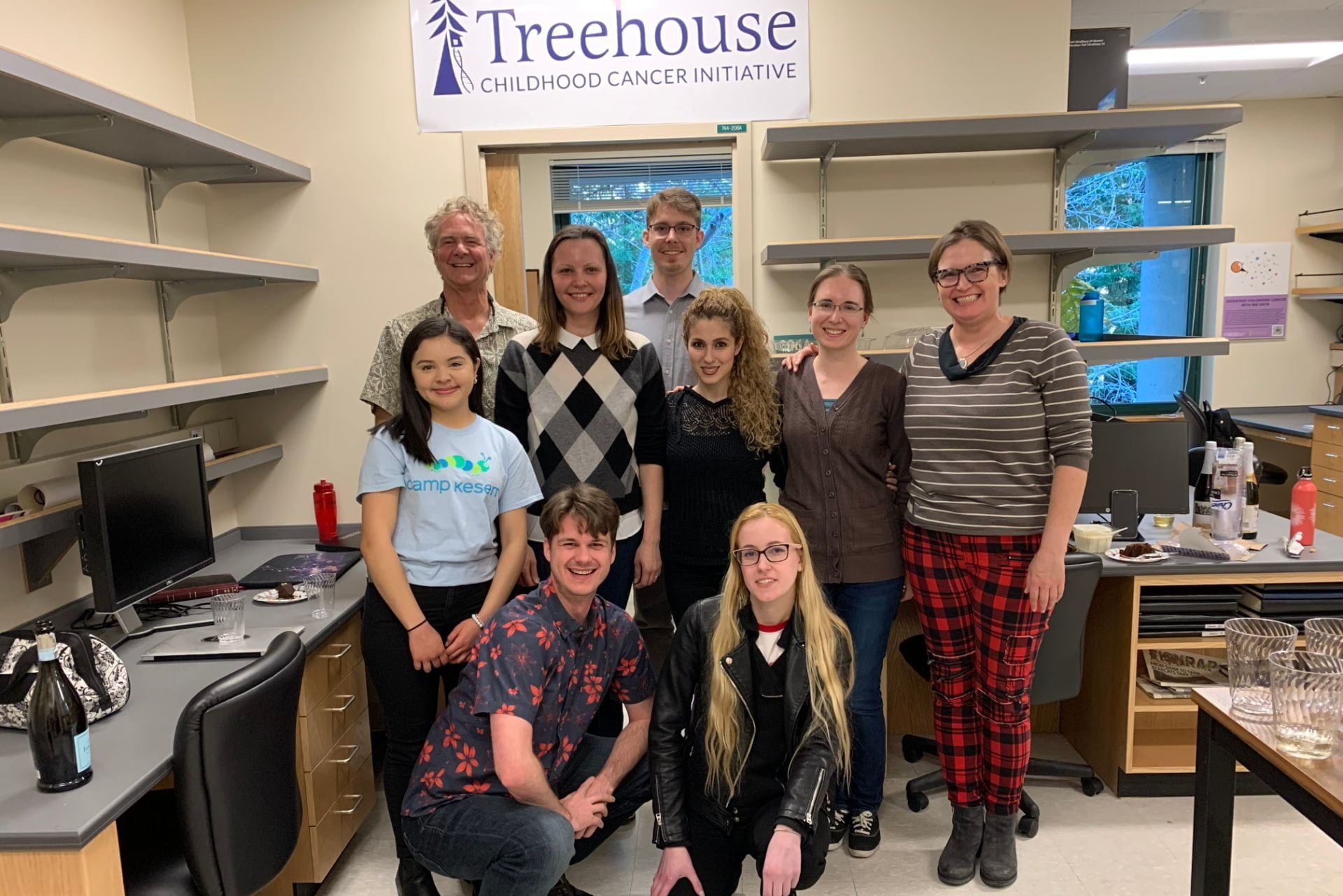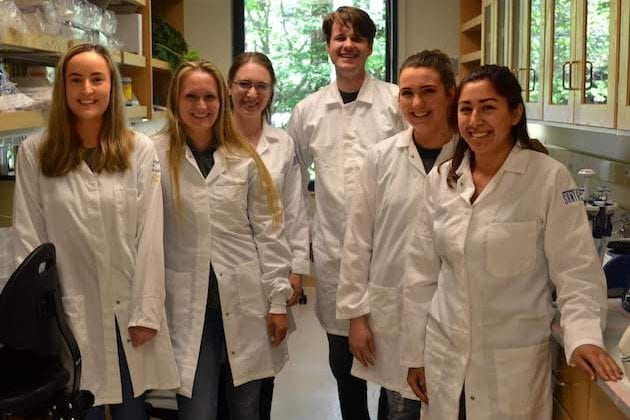Although individual genetic disorders are rare, as an aggregate, they affect up to 10% of the population. My lab is dedicated to improving the diagnosis and treatment of children affected by rare genetic diseases. We accomplish this through genomic analysis and the development of novel molecular diagnostic tests. Cancer is the most common genetic disorder and affects 1 in 300 children. Cancers are thought to occur as a result of DNA changes that are either inherited or acquired throughout an individual’s lifetime. Advances in sequencing technologies, genome science and bioinformatics finally provide us with the tools to identify these changes and develop precision therapies to attack cancer cells while sparing their normal counterparts. While cancer genomics has entered clinical practice for both pediatric and adult cancer patients, current methods of clinical genomic data analysis are largely limited to the detection of coding mutations, and do not work well for most pediatric cancer patients. To address this, we launched the Treehouse Childhood Cancer Initiative, a subproject of the UCSC Genomics Institute focusing on the study of tumor RNA as readout of both genetic and epigenetic changes that can drive pediatric tumors. The goal of Treehouse is to increase the number of pediatric cancer patients that benefit from the genomic characterization of their tumor. We would like to extend our approaches to the study of constitutional genetic diseases, such as structural birth defects. We will use molecular biology, genomic and bioinformatics techniques to understand the etiology of these diseases and identify novel molecular targets for treatment. 